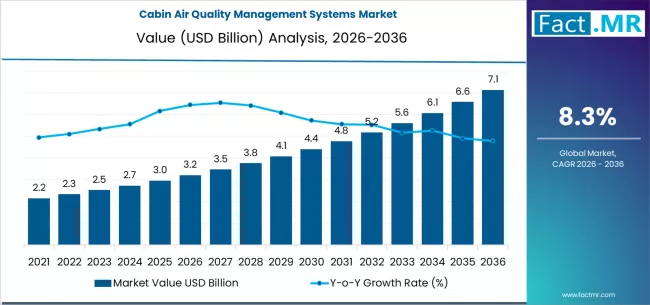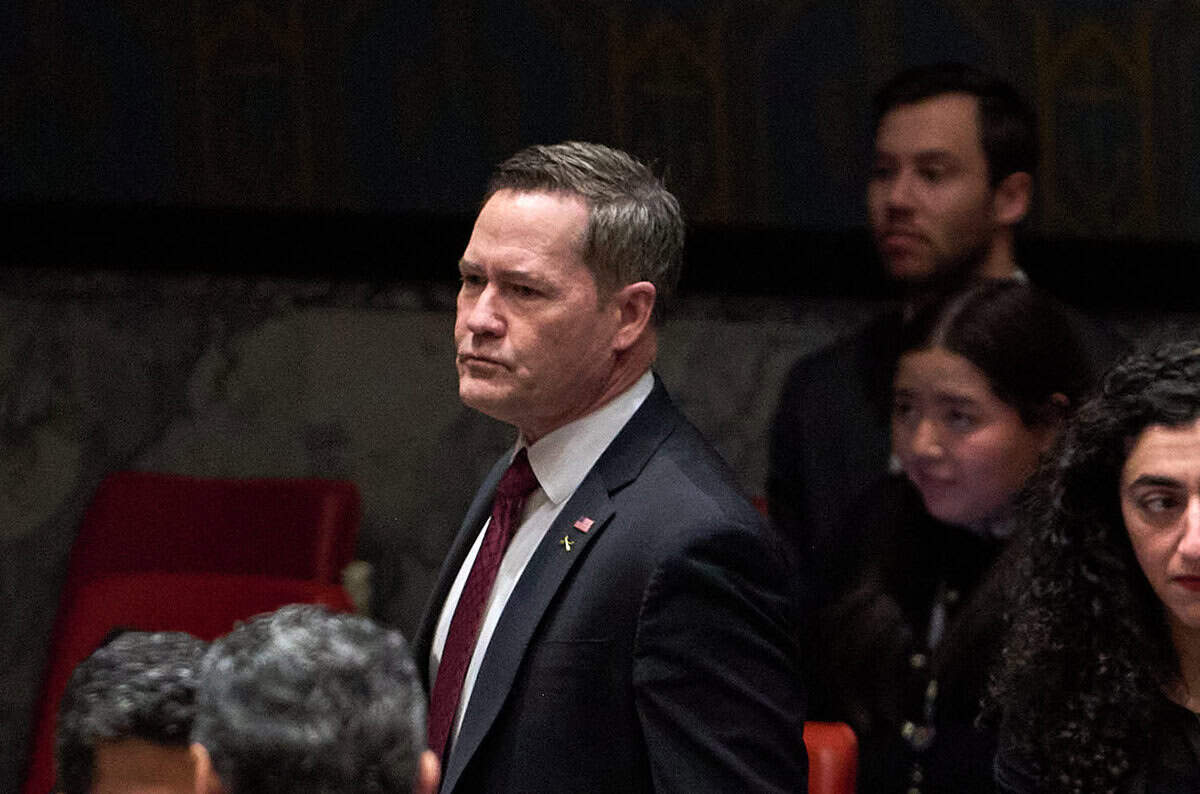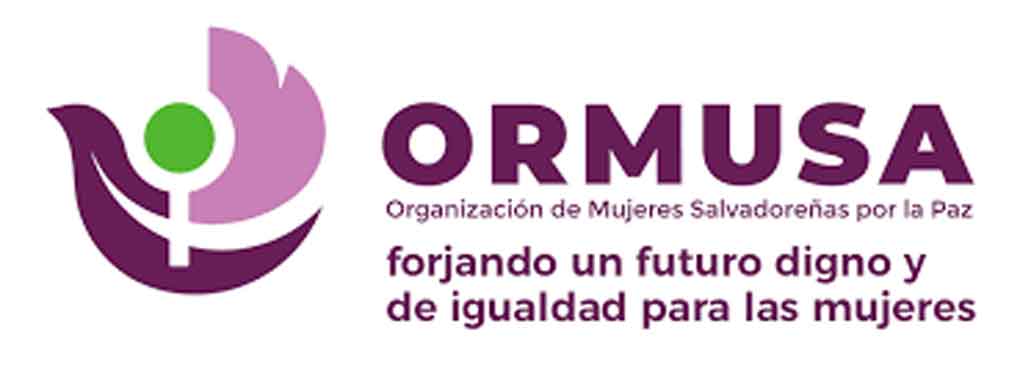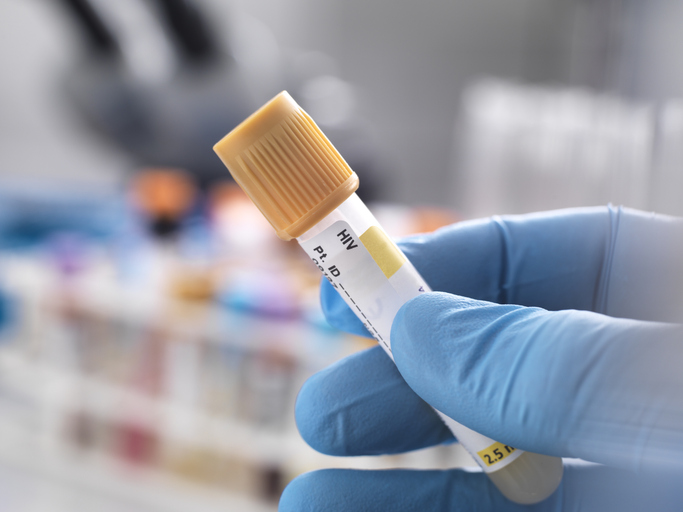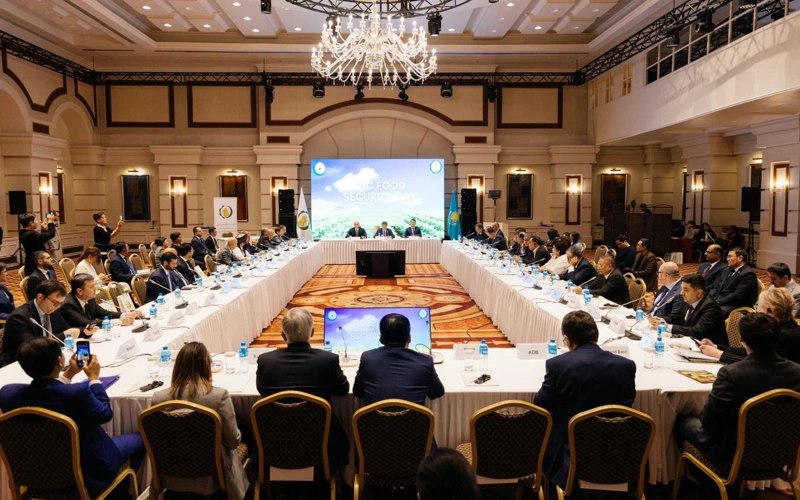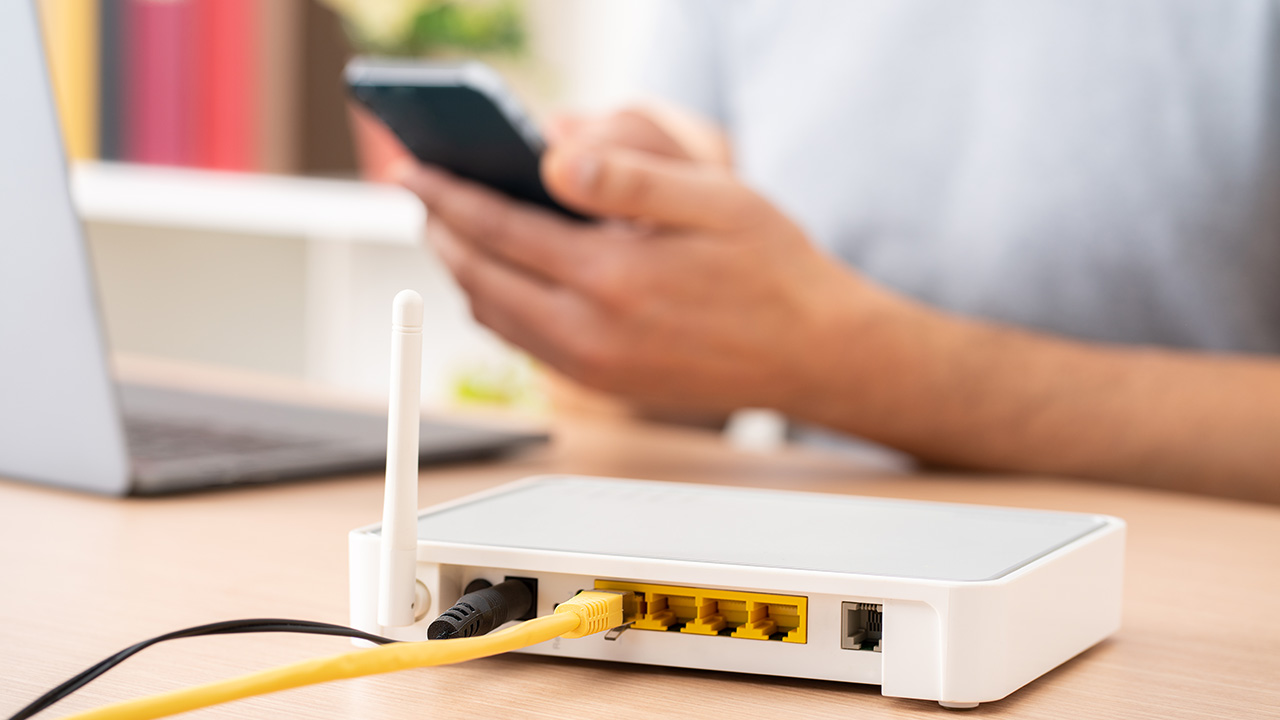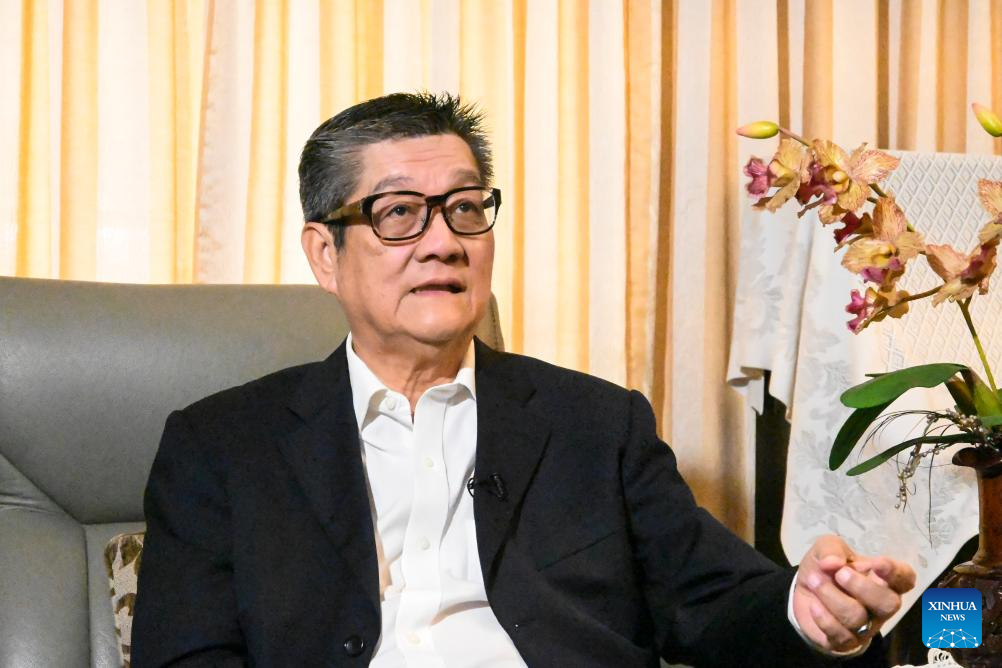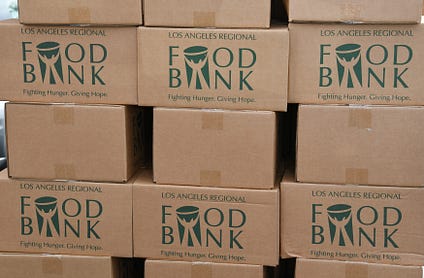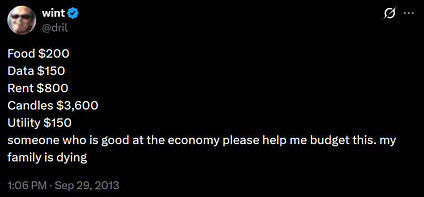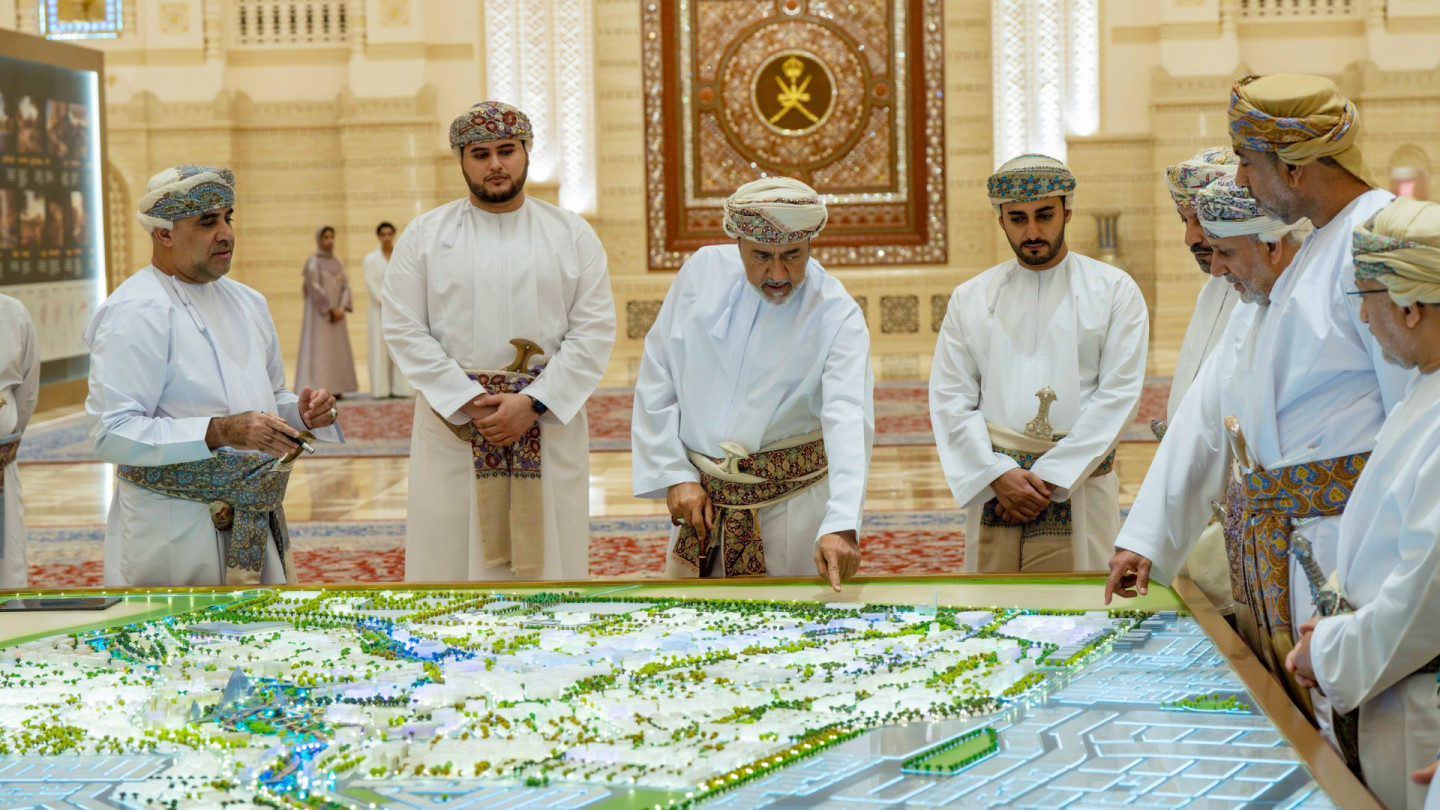IsDBI launches new Islamic Microfinance Toolkits – ummid.com
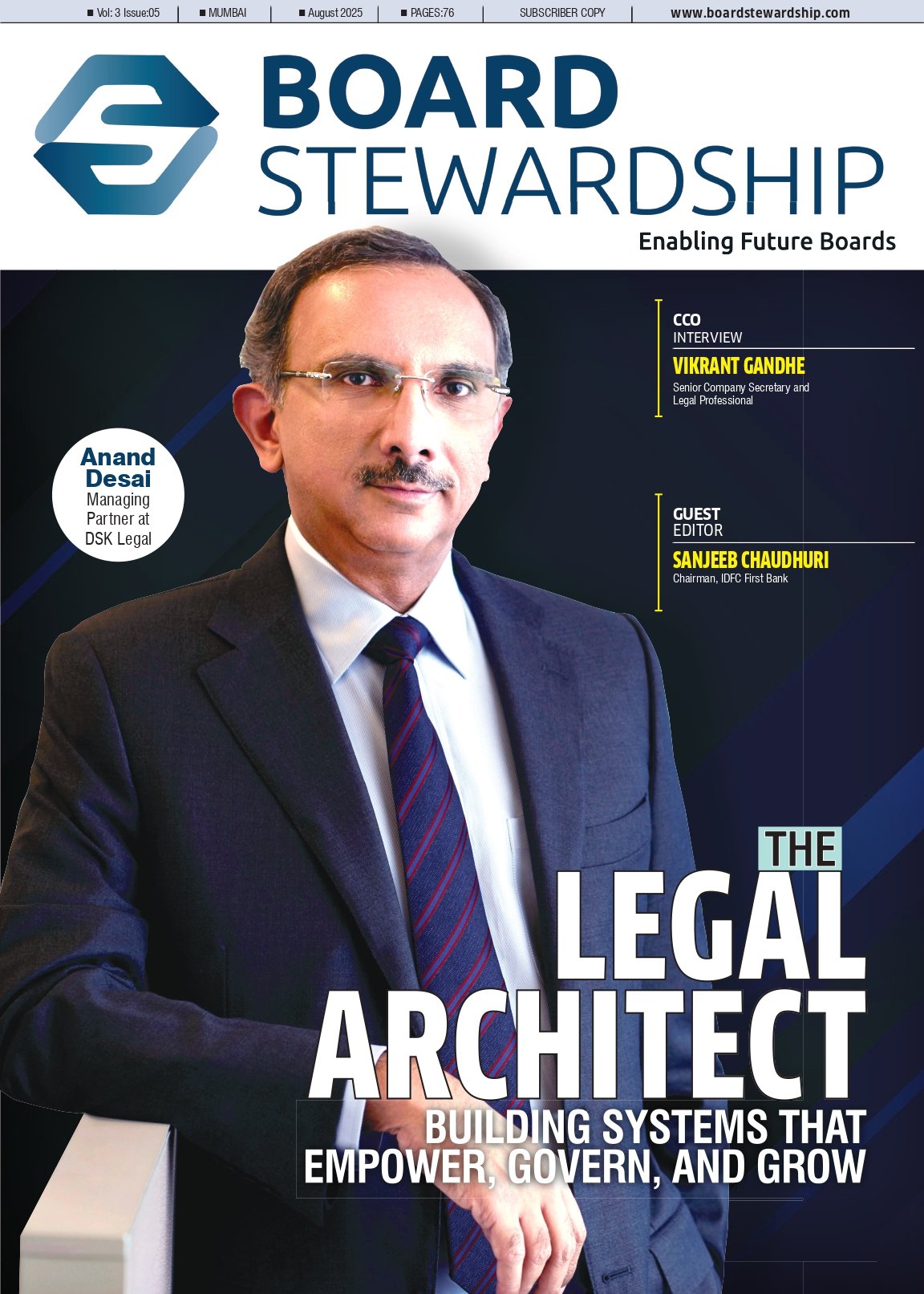
Report on the Launch of Islamic Microfinance Toolkits for Sustainable Development
Introduction
The Islamic Development Bank Institute (IsDBI), in collaboration with the IsDB Global Practice & Partnership (GPP) Directorate’s Cooperation and Capacity Development Department (CCD), has launched a new five-volume series of Islamic Microfinance Toolkits. This initiative is designed to strengthen inclusive financial ecosystems across IsDB Member Countries, directly contributing to the achievement of multiple Sustainable Development Goals (SDGs).
Core Objectives and Alignment with Sustainable Development Goals
The toolkits provide a strategic framework to leverage Islamic microfinance for sustainable development. The primary objectives are directly aligned with the 2030 Agenda:
- SDG 1: No Poverty: The central aim is to combat poverty by providing the poor with fair and ethical financial tools, enabling them to participate in economic activity with dignity.
- SDG 8: Decent Work and Economic Growth: By fostering entrepreneurship through risk-sharing principles, the toolkits help create opportunities for decent work and stimulate inclusive economic growth.
- SDG 10: Reduced Inequalities: The initiative is designed to build inclusive financial systems that reduce inequality by providing access to financial services for marginalized populations.
- SDG 17: Partnerships for the Goals: The development of the toolkits through inter-departmental collaboration and stakeholder consultation exemplifies a commitment to building partnerships to achieve sustainable development.
Toolkit Framework and Implementation
The toolkits offer a comprehensive and practical roadmap for stakeholders, including policymakers, regulators, and practitioners. The framework guides the entire lifecycle of an Islamic microfinance institution.
- Establishment: Providing foundational models for setting up new institutions.
- Operation: Outlining best practices for daily operations grounded in Islamic finance principles.
- Monitoring: Establishing metrics and procedures for effective performance monitoring.
- Regulation: Offering guidance on creating a regulatory environment that supports sustainable growth.
Strategic Impact and Leadership Commentary
The launch underscores a collective commitment to using specialized financial instruments to address global development challenges. Leadership from the IsDB highlighted the initiative’s potential impact on the SDGs.
- Dr. Sami Al-Suwailem, Director General of IsDBI, emphasized that Islamic microfinance is a “vital tool to enable the poor to participate in economic activity,” directly supporting the objectives of SDG 1 (No Poverty) and SDG 8 (Decent Work and Economic Growth).
- Dr. Issa Faye, Director General of GPP, noted that the joint initiative supports member countries in “strengthening their financial inclusion strategies.” This focus on scalable and context-sensitive solutions is critical for advancing SDG 10 (Reduced Inequalities).
Sustainable Development Goals (SDGs) Addressed in the Article
The article on the launch of the Islamic Microfinance Toolkits by the Islamic Development Bank Institute (IsDBI) and its partners addresses several Sustainable Development Goals (SDGs). The analysis reveals connections to the following goals:
- SDG 1: No Poverty – The primary aim of the toolkits is explicitly stated as combating poverty by providing financial access to the poor.
- SDG 8: Decent Work and Economic Growth – The initiative focuses on fostering entrepreneurship and enabling the poor to participate in economic activity, which are key components of sustainable economic growth.
- SDG 17: Partnerships for the Goals – The article highlights the collaborative effort between the IsDBI and the IsDB Global Practice & Partnership (GPP) Directorate, showcasing a partnership to achieve sustainable development objectives.
Specific Targets Identified
Based on the article’s content, several specific targets under the identified SDGs can be pinpointed:
-
SDG 1: No Poverty
- Target 1.4: By 2030, ensure that all men and women, in particular the poor and the vulnerable, have equal rights to economic resources, as well as access to basic services, ownership and control over land and other forms of property, inheritance, natural resources, appropriate new technology and financial services, including microfinance.
Explanation: The article directly addresses this target by focusing on “Islamic microfinance” as a “vital tool to enable the poor to participate in economic activity.” The toolkits are designed to strengthen “inclusive financial ecosystems” and provide a “roadmap to establish, operate, monitor, and regulate Islamic microfinance institutions,” thereby expanding access to financial services for the poor.
- Target 1.4: By 2030, ensure that all men and women, in particular the poor and the vulnerable, have equal rights to economic resources, as well as access to basic services, ownership and control over land and other forms of property, inheritance, natural resources, appropriate new technology and financial services, including microfinance.
-
SDG 8: Decent Work and Economic Growth
- Target 8.3: Promote development-oriented policies that support productive activities, decent job creation, entrepreneurship, creativity and innovation, and encourage the formalization and growth of micro-, small- and medium-sized enterprises, including through access to financial services.
Explanation: The article states that the toolkits aim to “foster entrepreneurship.” By providing the framework for microfinance institutions, the initiative directly supports the creation and growth of micro-enterprises, which are crucial for job creation and economic activity. - Target 8.10: Strengthen the capacity of domestic financial institutions to encourage and expand access to banking, insurance and financial services for all.
Explanation: The launch of the toolkits is a direct effort to strengthen institutional capacity. The article mentions the goal is to “assist policymakers, regulators, and practitioners” and “empower institutions to design scalable, context-sensitive Islamic microfinance solutions,” which aligns perfectly with strengthening domestic financial institutions to expand financial inclusion.
- Target 8.3: Promote development-oriented policies that support productive activities, decent job creation, entrepreneurship, creativity and innovation, and encourage the formalization and growth of micro-, small- and medium-sized enterprises, including through access to financial services.
-
SDG 17: Partnerships for the Goals
- Target 17.16: Enhance the global partnership for sustainable development, complemented by multi-stakeholder partnerships that mobilize and share knowledge, expertise, technology and financial resources, to support the achievement of the sustainable development goals in all countries, in particular developing countries.
Explanation: The article describes the toolkits as a “joint initiative” between the Islamic Development Bank Institute (IsDBI) and the IsDB Global Practice & Partnership (GPP) Directorate. This collaboration, which involved “inter-departmental collaboration, and stakeholder consultations,” is a clear example of a partnership mobilizing and sharing knowledge and expertise to promote sustainable development in IsDB Member Countries.
- Target 17.16: Enhance the global partnership for sustainable development, complemented by multi-stakeholder partnerships that mobilize and share knowledge, expertise, technology and financial resources, to support the achievement of the sustainable development goals in all countries, in particular developing countries.
Indicators for Measuring Progress
While the article does not mention specific quantitative indicators, it implies several ways to measure progress towards the identified targets:
- Establishment and operational capacity of Islamic microfinance institutions: The core purpose of the toolkits is to provide a “roadmap to establish, operate, monitor, and regulate” these institutions. An implied indicator of success would be the number of new, sustainable Islamic microfinance institutions created or strengthened using these toolkits in IsDB Member Countries. This relates to the official indicator 8.10.2 (Proportion of adults with an account at a financial institution).
- Increased entrepreneurship and economic participation of the poor: The article highlights that the goal is to “foster entrepreneurship” and “enable the poor to participate in economic activity.” Progress could be measured by tracking the number of micro-enterprises established and sustained by individuals who have received financing through these institutions.
- Effectiveness of the partnership: The “joint initiative” itself is an indicator of a functioning partnership. Its success can be measured by the successful development, launch, and adoption of the toolkits by policymakers, regulators, and practitioners in member countries, demonstrating the effectiveness of the collaboration described in the article.
Summary Table of SDGs, Targets, and Indicators
| SDGs | Targets | Indicators (Implied from the Article) |
|---|---|---|
| SDG 1: No Poverty | 1.4: Ensure equal rights to economic resources and access to financial services, including microfinance, for the poor and vulnerable. | The number of poor and vulnerable individuals gaining access to financial services through newly established or strengthened Islamic microfinance institutions. |
| SDG 8: Decent Work and Economic Growth | 8.3: Promote policies that support entrepreneurship and the growth of micro-, small- and medium-sized enterprises.
8.10: Strengthen the capacity of domestic financial institutions to expand access to financial services for all. |
– Increase in the number of micro-enterprises created and sustained by clients of Islamic microfinance. – The number of Islamic microfinance institutions established, operated, or regulated using the new toolkits. |
| SDG 17: Partnerships for the Goals | 17.16: Enhance partnerships that mobilize and share knowledge and expertise to support the achievement of SDGs. | The successful development and launch of the toolkits as a result of the “joint initiative” between IsDBI and GPP, and their subsequent adoption by stakeholders in member countries. |
Source: ummid.com

What is Your Reaction?
 Like
0
Like
0
 Dislike
0
Dislike
0
 Love
0
Love
0
 Funny
0
Funny
0
 Angry
0
Angry
0
 Sad
0
Sad
0
 Wow
0
Wow
0

